Martial law probe faces delays amid overlapping investigations
입력 2024.12.13 (01:55)
읽어주기 기능은 크롬기반의
브라우저에서만 사용하실 수 있습니다.
[Anchor]
With the launch of the joint investigation headquarters, the emergency martial law investigation has been streamlined into two branches: the police and the prosecution.
However, concerns about confusion in the investigation remain.
There are ongoing criticisms that if duplicate investigations continue, it could lead to delays in the investigation and legal issues such as loss of evidentiary value.
Reporter Kim Beom-joo has the details.
[Report]
When the preferential treatment allegations regarding the Daejang-dong development first emerged in 2021, both the prosecution and the police formed their own investigation teams.
From the process of securing the mobile phone of Yoo Dong-kyu, the former head of the Seongnam Urban Development Corporation, the two sides acted out of sync without coordination.
The prosecution secured the 'Daejang-dong transcripts', while the police obtained 'Financial Intelligence Unit data', competing for investigative dominance without sharing information. It took two months to resolve the disarray.
In the current martial law investigation, the prosecution has secured the custody and statements of former Defense Minister Kim Yong-hyun, while the police have gathered evidence, including a laptop and call records, to corroborate these statements.
Key witness Hong Jang-won, a former first deputy director of the National Intelligence Service, was investigated consecutively by the Corruption Investigation Office for High-Ranking Officials and the prosecution yesterday (12.11), and Yeo In-hyung, the counterintelligence commander, also received simultaneous summons notifications from both the prosecution and the police today (12.12), indicating overlapping investigations of related parties.
Such duplicate investigations not only delay the investigation but also raise concerns about potential legal issues, such as loss of evidentiary value in future trials.
Although the court issued an arrest warrant for former Minister Kim at the prosecution's request, there is debate over whether this confirms the prosecution's authority to investigate insurrection charges. Some experts note that trial courts may interpret this differently after the indictment.
[Park Ji-won/Democratic Party Member/Dec. 11/National Assembly Legislation and Judiciary Committee Meeting: "If the warrant was issued, does that mean the court recognized the prosecution's investigative authority, including insurrection?"]
[Chun Dae-yup/Director of the Court Administration Office: "That cannot necessarily be seen as the case."]
The Corruption Investigation Office, which is part of the joint investigation headquarters, lacks the authority to indict key figures in this case, such as the president, the defense minister, and senior military officers. Moreover, there is controversy over whether the police can request an arrest warrant for insurrection charges through CIO prosecutors.
[Kim Kyung-soo/KBS Advisory Lawyer: "Corruption Investigation Office prosecutors only have the authority to indict for specific police-related crimes; they do not have the authority for other matters. While the president falls under their investigatory scope, insurrection charges are not included."]
There is a need for the establishment of a joint investigation headquarters or special prosecution involving all investigative agencies.
It will likely take time to coordinate the investigations conducted by the prosecution and police regarding the emergency martial law incident.
This is KBS News, Kim Beom-joo.
With the launch of the joint investigation headquarters, the emergency martial law investigation has been streamlined into two branches: the police and the prosecution.
However, concerns about confusion in the investigation remain.
There are ongoing criticisms that if duplicate investigations continue, it could lead to delays in the investigation and legal issues such as loss of evidentiary value.
Reporter Kim Beom-joo has the details.
[Report]
When the preferential treatment allegations regarding the Daejang-dong development first emerged in 2021, both the prosecution and the police formed their own investigation teams.
From the process of securing the mobile phone of Yoo Dong-kyu, the former head of the Seongnam Urban Development Corporation, the two sides acted out of sync without coordination.
The prosecution secured the 'Daejang-dong transcripts', while the police obtained 'Financial Intelligence Unit data', competing for investigative dominance without sharing information. It took two months to resolve the disarray.
In the current martial law investigation, the prosecution has secured the custody and statements of former Defense Minister Kim Yong-hyun, while the police have gathered evidence, including a laptop and call records, to corroborate these statements.
Key witness Hong Jang-won, a former first deputy director of the National Intelligence Service, was investigated consecutively by the Corruption Investigation Office for High-Ranking Officials and the prosecution yesterday (12.11), and Yeo In-hyung, the counterintelligence commander, also received simultaneous summons notifications from both the prosecution and the police today (12.12), indicating overlapping investigations of related parties.
Such duplicate investigations not only delay the investigation but also raise concerns about potential legal issues, such as loss of evidentiary value in future trials.
Although the court issued an arrest warrant for former Minister Kim at the prosecution's request, there is debate over whether this confirms the prosecution's authority to investigate insurrection charges. Some experts note that trial courts may interpret this differently after the indictment.
[Park Ji-won/Democratic Party Member/Dec. 11/National Assembly Legislation and Judiciary Committee Meeting: "If the warrant was issued, does that mean the court recognized the prosecution's investigative authority, including insurrection?"]
[Chun Dae-yup/Director of the Court Administration Office: "That cannot necessarily be seen as the case."]
The Corruption Investigation Office, which is part of the joint investigation headquarters, lacks the authority to indict key figures in this case, such as the president, the defense minister, and senior military officers. Moreover, there is controversy over whether the police can request an arrest warrant for insurrection charges through CIO prosecutors.
[Kim Kyung-soo/KBS Advisory Lawyer: "Corruption Investigation Office prosecutors only have the authority to indict for specific police-related crimes; they do not have the authority for other matters. While the president falls under their investigatory scope, insurrection charges are not included."]
There is a need for the establishment of a joint investigation headquarters or special prosecution involving all investigative agencies.
It will likely take time to coordinate the investigations conducted by the prosecution and police regarding the emergency martial law incident.
This is KBS News, Kim Beom-joo.
■ 제보하기
▷ 카카오톡 : 'KBS제보' 검색, 채널 추가
▷ 전화 : 02-781-1234, 4444
▷ 이메일 : kbs1234@kbs.co.kr
▷ 유튜브, 네이버, 카카오에서도 KBS뉴스를 구독해주세요!
- Martial law probe faces delays amid overlapping investigations
-
- 입력 2024-12-13 01:55:45
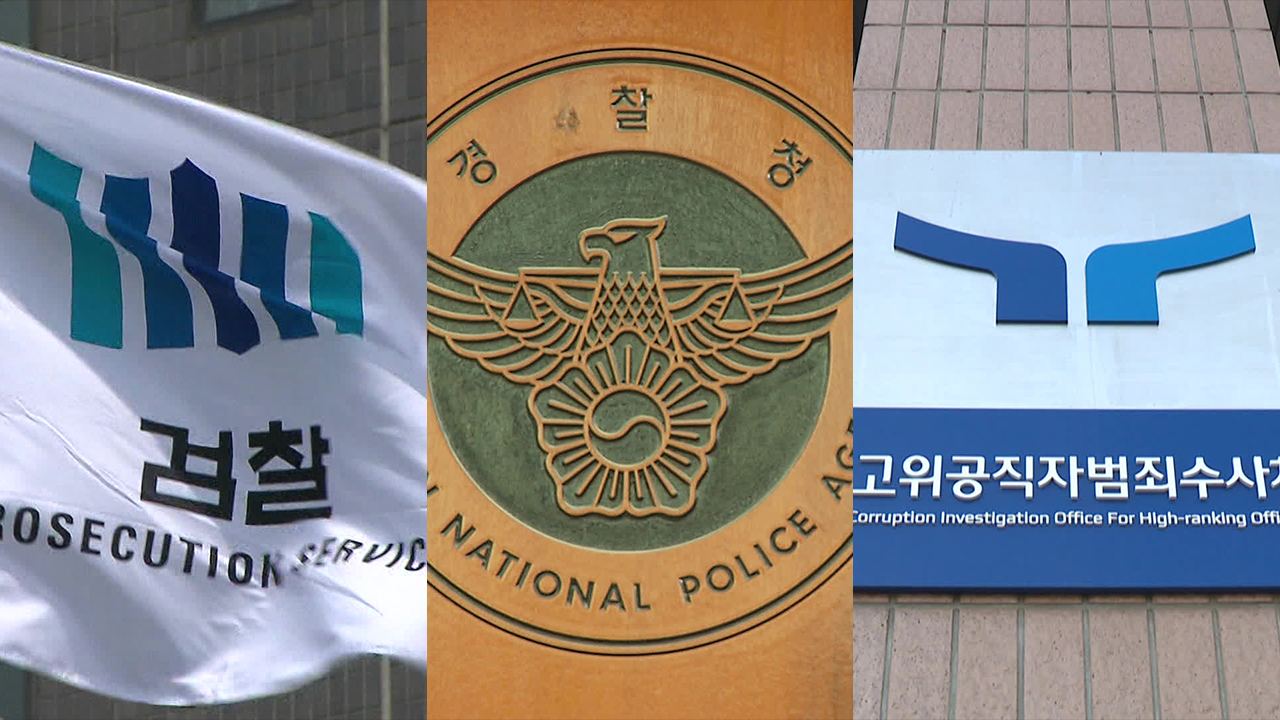
[Anchor]
With the launch of the joint investigation headquarters, the emergency martial law investigation has been streamlined into two branches: the police and the prosecution.
However, concerns about confusion in the investigation remain.
There are ongoing criticisms that if duplicate investigations continue, it could lead to delays in the investigation and legal issues such as loss of evidentiary value.
Reporter Kim Beom-joo has the details.
[Report]
When the preferential treatment allegations regarding the Daejang-dong development first emerged in 2021, both the prosecution and the police formed their own investigation teams.
From the process of securing the mobile phone of Yoo Dong-kyu, the former head of the Seongnam Urban Development Corporation, the two sides acted out of sync without coordination.
The prosecution secured the 'Daejang-dong transcripts', while the police obtained 'Financial Intelligence Unit data', competing for investigative dominance without sharing information. It took two months to resolve the disarray.
In the current martial law investigation, the prosecution has secured the custody and statements of former Defense Minister Kim Yong-hyun, while the police have gathered evidence, including a laptop and call records, to corroborate these statements.
Key witness Hong Jang-won, a former first deputy director of the National Intelligence Service, was investigated consecutively by the Corruption Investigation Office for High-Ranking Officials and the prosecution yesterday (12.11), and Yeo In-hyung, the counterintelligence commander, also received simultaneous summons notifications from both the prosecution and the police today (12.12), indicating overlapping investigations of related parties.
Such duplicate investigations not only delay the investigation but also raise concerns about potential legal issues, such as loss of evidentiary value in future trials.
Although the court issued an arrest warrant for former Minister Kim at the prosecution's request, there is debate over whether this confirms the prosecution's authority to investigate insurrection charges. Some experts note that trial courts may interpret this differently after the indictment.
[Park Ji-won/Democratic Party Member/Dec. 11/National Assembly Legislation and Judiciary Committee Meeting: "If the warrant was issued, does that mean the court recognized the prosecution's investigative authority, including insurrection?"]
[Chun Dae-yup/Director of the Court Administration Office: "That cannot necessarily be seen as the case."]
The Corruption Investigation Office, which is part of the joint investigation headquarters, lacks the authority to indict key figures in this case, such as the president, the defense minister, and senior military officers. Moreover, there is controversy over whether the police can request an arrest warrant for insurrection charges through CIO prosecutors.
[Kim Kyung-soo/KBS Advisory Lawyer: "Corruption Investigation Office prosecutors only have the authority to indict for specific police-related crimes; they do not have the authority for other matters. While the president falls under their investigatory scope, insurrection charges are not included."]
There is a need for the establishment of a joint investigation headquarters or special prosecution involving all investigative agencies.
It will likely take time to coordinate the investigations conducted by the prosecution and police regarding the emergency martial law incident.
This is KBS News, Kim Beom-joo.
With the launch of the joint investigation headquarters, the emergency martial law investigation has been streamlined into two branches: the police and the prosecution.
However, concerns about confusion in the investigation remain.
There are ongoing criticisms that if duplicate investigations continue, it could lead to delays in the investigation and legal issues such as loss of evidentiary value.
Reporter Kim Beom-joo has the details.
[Report]
When the preferential treatment allegations regarding the Daejang-dong development first emerged in 2021, both the prosecution and the police formed their own investigation teams.
From the process of securing the mobile phone of Yoo Dong-kyu, the former head of the Seongnam Urban Development Corporation, the two sides acted out of sync without coordination.
The prosecution secured the 'Daejang-dong transcripts', while the police obtained 'Financial Intelligence Unit data', competing for investigative dominance without sharing information. It took two months to resolve the disarray.
In the current martial law investigation, the prosecution has secured the custody and statements of former Defense Minister Kim Yong-hyun, while the police have gathered evidence, including a laptop and call records, to corroborate these statements.
Key witness Hong Jang-won, a former first deputy director of the National Intelligence Service, was investigated consecutively by the Corruption Investigation Office for High-Ranking Officials and the prosecution yesterday (12.11), and Yeo In-hyung, the counterintelligence commander, also received simultaneous summons notifications from both the prosecution and the police today (12.12), indicating overlapping investigations of related parties.
Such duplicate investigations not only delay the investigation but also raise concerns about potential legal issues, such as loss of evidentiary value in future trials.
Although the court issued an arrest warrant for former Minister Kim at the prosecution's request, there is debate over whether this confirms the prosecution's authority to investigate insurrection charges. Some experts note that trial courts may interpret this differently after the indictment.
[Park Ji-won/Democratic Party Member/Dec. 11/National Assembly Legislation and Judiciary Committee Meeting: "If the warrant was issued, does that mean the court recognized the prosecution's investigative authority, including insurrection?"]
[Chun Dae-yup/Director of the Court Administration Office: "That cannot necessarily be seen as the case."]
The Corruption Investigation Office, which is part of the joint investigation headquarters, lacks the authority to indict key figures in this case, such as the president, the defense minister, and senior military officers. Moreover, there is controversy over whether the police can request an arrest warrant for insurrection charges through CIO prosecutors.
[Kim Kyung-soo/KBS Advisory Lawyer: "Corruption Investigation Office prosecutors only have the authority to indict for specific police-related crimes; they do not have the authority for other matters. While the president falls under their investigatory scope, insurrection charges are not included."]
There is a need for the establishment of a joint investigation headquarters or special prosecution involving all investigative agencies.
It will likely take time to coordinate the investigations conducted by the prosecution and police regarding the emergency martial law incident.
This is KBS News, Kim Beom-joo.
-
-
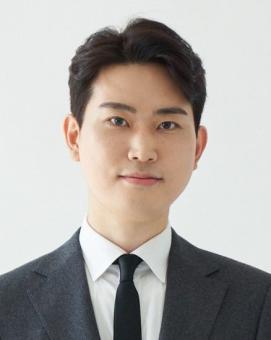
김범주 기자 category@kbs.co.kr
김범주 기자의 기사 모음
-
이 기사가 좋으셨다면
-
좋아요
0
-
응원해요
0
-
후속 원해요
0










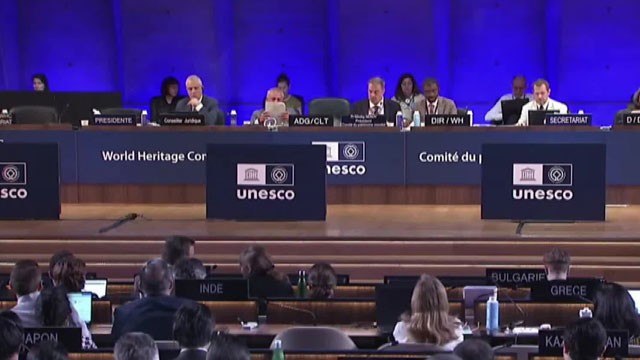
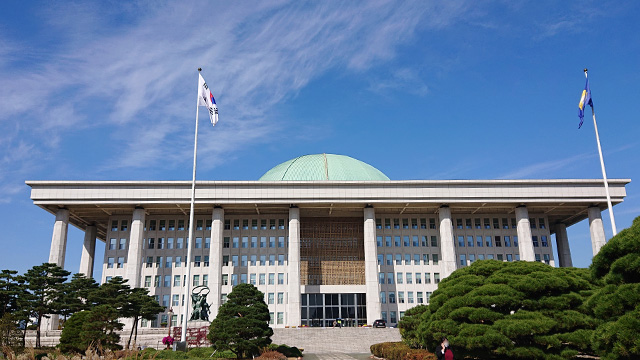
![[단독] 김건희 특검, ‘공천 개입’ 관련 김영선 전 의원 소환 통보…일정 조율 중](/data/news/2025/07/16/20250716_p7hDHF.jpg)
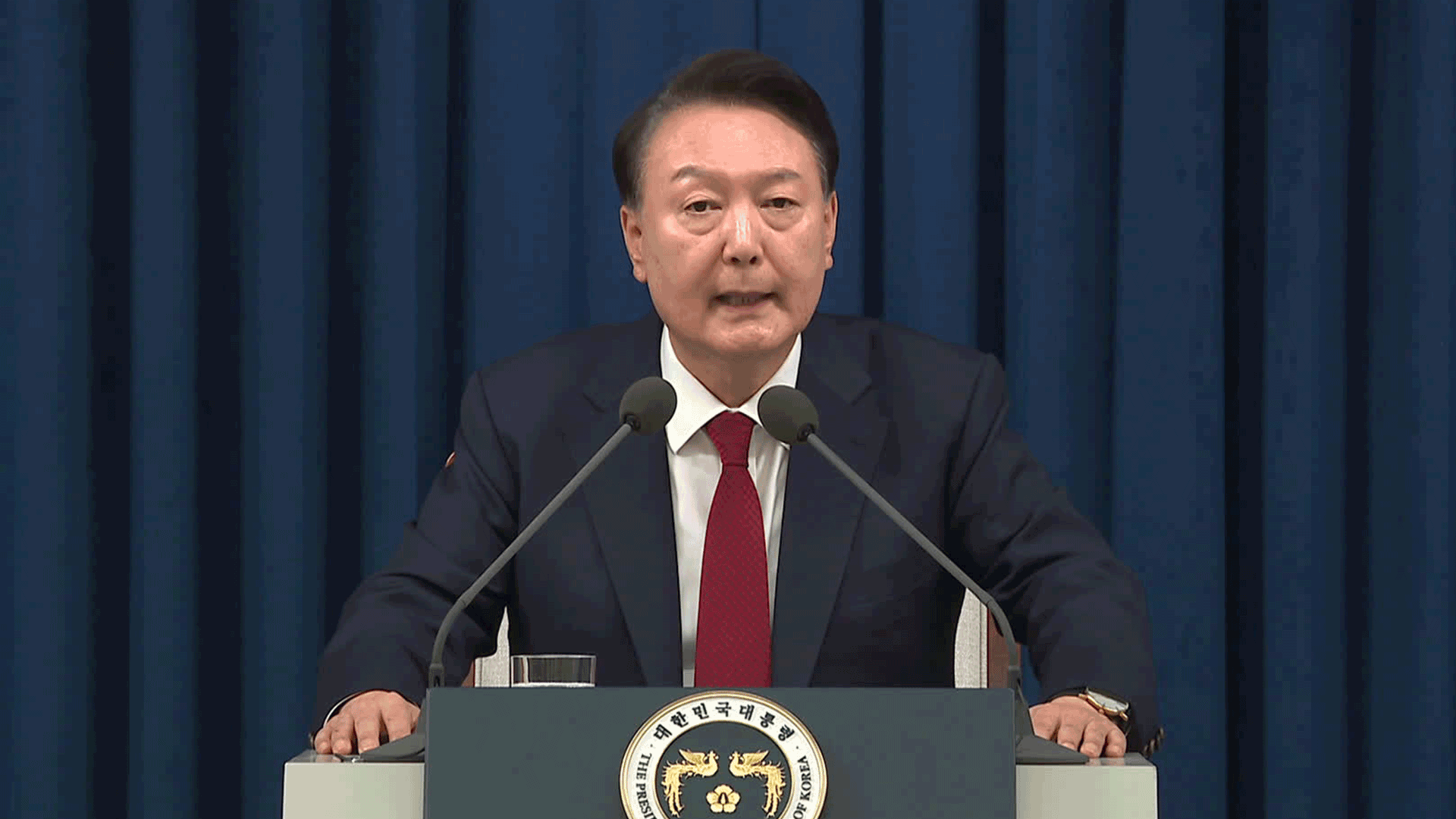

이 기사에 대한 의견을 남겨주세요.